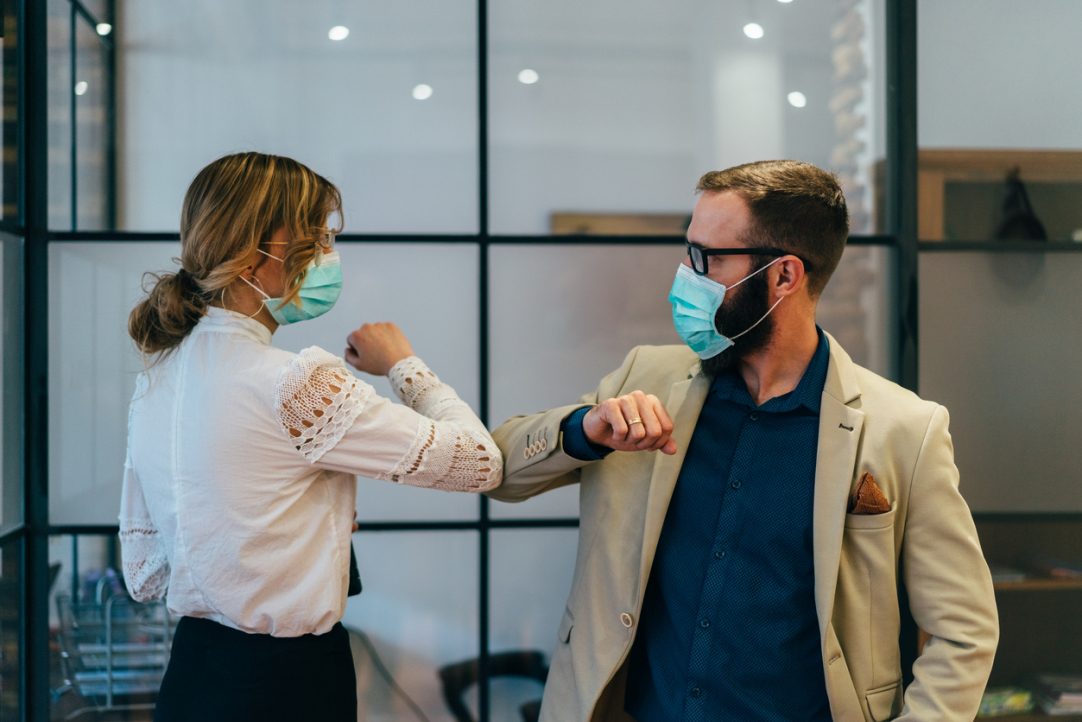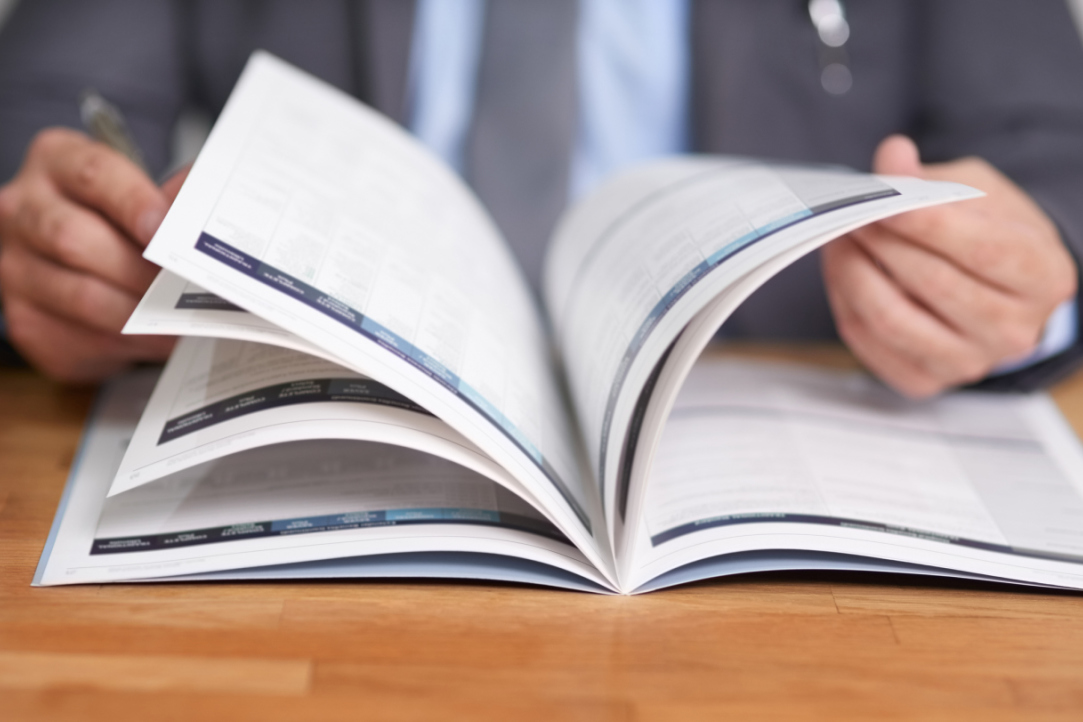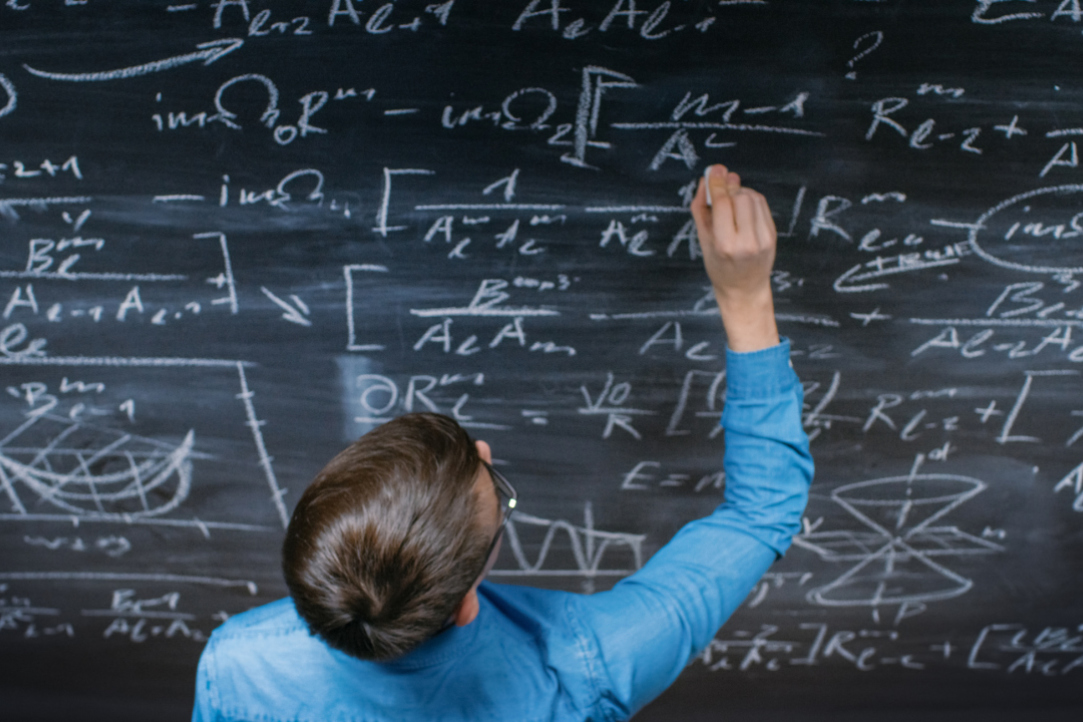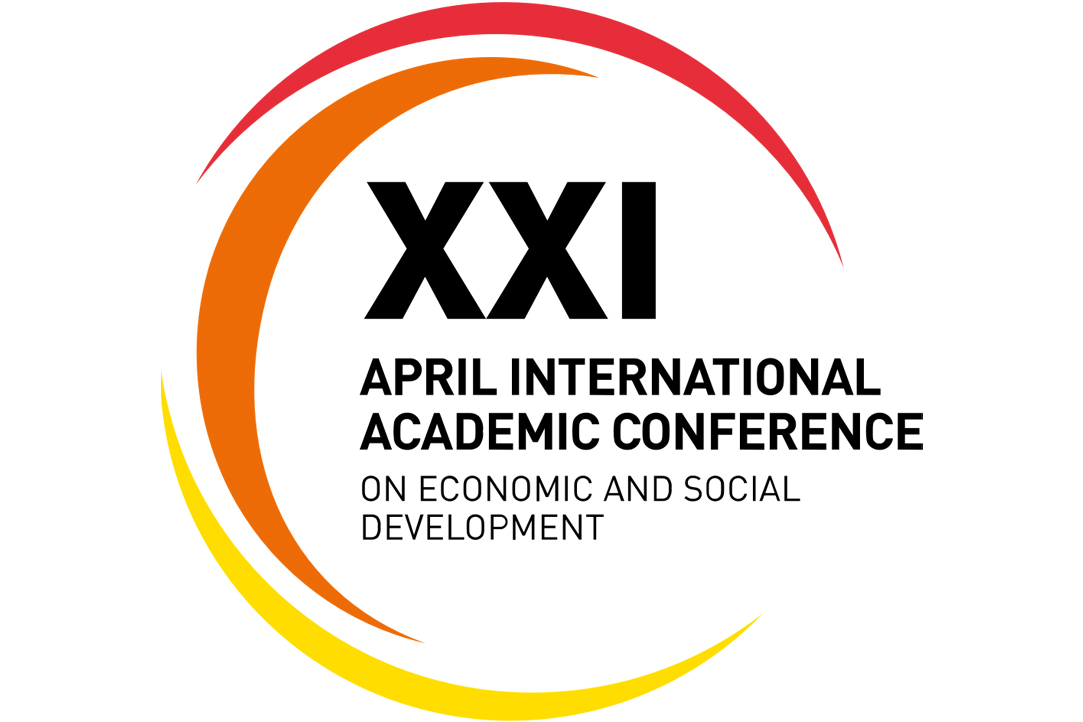
Medieval Russian History through the Eyes of American Historian
On June19,Valerie Kivelson, Professor of History at the University of Michigan, conducted an online workshop ‘How to Draw Hatred? The Litsevoi Letopisnyi Svod and Depictions of Religious Others’. It was organized by HSE Cenre for Medieval Studies within the series of discussions on medieval Russia.She spoke with HSE News Service about the seminar, her attitude to historical research, and having online discussions instead of live meetings.

The Worst Is Probably Behind Us: HSE Experts on the Economic and Social Effects of COVID-19
Although the Russian economy is gradually recovering from this spring’s blow, it is too soon to talk about the situation evening out. Meanwhile, primary and secondary school students seem to be quite comfortable with uncertainty. Even more so, they appear to have a more positive view of the situation than their parents and teachers do. These are the discussion points of the sixth HSE analytical newsletter on the impact of COVID-19 on Russia and the world.

HSE University’s Andrey Golovnev Wins State Prize
Andrey Golovnev, a Corresponding Member of the RAS, Director of the Peter the Great Museum of Anthropology and Ethnography (Kunstkamera) and Professor at HSE University’s School of Arts and Humanities has received the state prize for his contributions to the study of cultural heritage of the Arctic peoples.

Trust in Mask: How COVID-19 Has Changed the Attitude of Russians to Each Other
As a result of the COVID-19 pandemic, when the whole country ended up in self-isolation, some people have to ask for support, others prepare themselves in readiness to provide it. Have Russians felt more cautious in recent months, or do people who have been forced to stay at home still remember how to trust and help? In order to find the answers to these questions, we can analyse the data from a new all-Russian survey conducted by HSE Centre for Studies of Civil Society and Non-Profit Sector.

Educational Studies Moscow Journal Strengthens Its International Standing
Educational Studies Moscow journal, which is published by HSE University, is now included in the second quartile (Q2) of the Scopus international scientometric database. This reflects the high level of citation and demand for the journal within the academic community, thus confirming its status as the best Russian publication in the field of education.

HSE University Announces New Project Competition for Launching International Laboratories
The number of international laboratories run in cooperation with leading international scholars is set to expand at HSE University. The competition aims to support the existing and create new research teams. Applications will be accepted from July 10 to August 31, 2020.

Authorship Proven by Mathematics
Marking Mikhail Sholokhov's 115th anniversary (1905-1984), linguists Boris Orekhov of the HSE and Natalya Velikanova of the Moscow State University confirmed his authorship of the epic novel about the Don Cossacks. The researchers were able to attribute the novel using the text distance measure proposed by John Burrows. Termed Burrows' Delta, it provides a simple and reliable method of attributing or confirming the authorship of various texts.

Russian Academy of Sciences Awards Gold Medal to HSE Professor of Geography and Geoinformation Technology
Professor Sergei Semenov, head of ‘Global Changes in the Natural Environment and Climate’ sector, was awarded the chief award of the Russian Academy of Sciences in the field of environmental change.

COVID Downfall and the Fear of Returning to the Offices: Pandemic Impact on Russia and the World
In this, the fifth issue of our newsletter, HSE experts comment on the government’s 'Action plan for the business and citizens income recovery and economic growth', elaborate on the May outcomes of the OPEC+ deal and analyze how psychologically challenging it will be for Russian employees to go back to their offices.

HSE Wraps Up Its First April Conference to Be Held Online
As it entered its third decade of existence this year, HSE University’s annual April Conference experienced a first: it was held in an online distributed format. HSE News Service spoke with organizers and participants about the event.


Submission Deadline: December 20, 2025